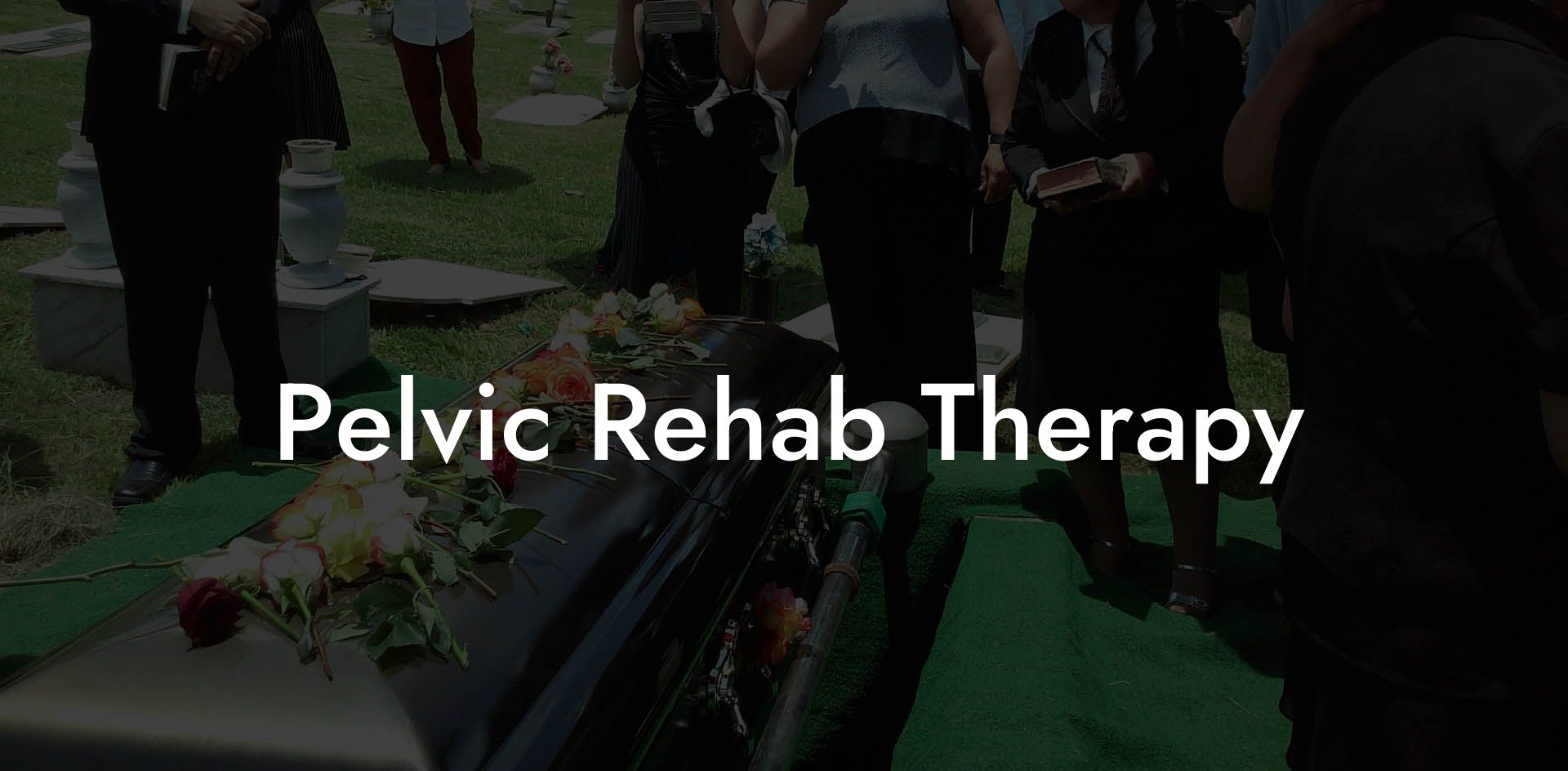Did you know that maintaining a strong pelvic floor is crucial to your overall health and wellbeing? Pelvic floor dysfunction can lead to a range of problems, from urinary incontinence to sexual dysfunction. However, the good news is that pelvic rehab therapy can help improve and prevent these issues. In this guide, we delve into the importance of pelvic floor health and how pelvic rehab therapy can help you regain control and confidence in your daily life. So, let's dive in and explore the wonders of this therapy and its benefits.
What is the Pelvic Floor?
The pelvic floor is a group of muscles and ligaments that support the organs in the pelvic area, including the bladder, uterus (in women), and rectum. These muscles also play a critical role in maintaining urinary and bowel continence, as well as sexual function.
Causes and Symptoms of Pelvic Floor Dysfunction
Some common causes of pelvic floor dysfunction include:
Pregnancy and childbirth
This can put immense pressure on the pelvic floor muscles, leading to weakening and dysfunction.
Aging
As we age, the muscles naturally weaken and become less elastic, increasing the risk of dysfunction.
Surgery
Pelvic surgeries, such as hysterectomy or prostatectomy, can result in temporary or permanent damage to the pelvic floor muscles.
Obesity
Excess weight puts increased pressure on the pelvic floor muscles, leading to weakening and dysfunction.
Some common symptoms of pelvic floor dysfunction include:
- Urinary incontinence – Involuntary leakage of urine.
- Urgency – A sudden and intense need to urinate.
- Frequent urination – Needing to urinate more often than usual.
- Painful urination – Discomfort during urination.
- Painful intercourse – Discomfort or pain during sexual intercourse.
- Constipation – Difficulty passing stools or infrequent bowel movements.
What is Pelvic Rehab Therapy?
Pelvic rehab therapy encompasses various treatments and exercises geared towards improving pelvic floor function. It empowers individuals to regain control of their bodies, improving their quality of life. Some common pelvic rehab therapy techniques include:
pelvic floor exercises (Kegels)
These exercises target the pelvic floor muscles, helping to strengthen and tone them. The goal is to contract and hold the muscles for a few seconds before relaxing them, repeating the process several times per day.
Biofeedback
This approach uses sensors to monitor the pelvic floor muscles' activity while a healthcare professional guides the individual through exercises. This feedback helps patients learn how to control and engage their muscles properly.
Physical therapy
A physical therapist can design a personalized program that targets specific imbalances or weaknesses in the pelvic floor muscles. This may include manual therapy, stretching, and strengthening exercises.
Electrical stimulation
This therapy involves using small, painless electrical currents to stimulate the pelvic floor muscles, improving strength and coordination.
Pelvic Rehab Therapy Example
Sarah, a working mother of two, started experiencing urinary incontinence after giving birth to her second child. Initially feeling ashamed and isolating herself, she eventually sought help from a pelvic rehab therapist. After completing a comprehensive treatment plan, including kegel exercises, biofeedback, and targeted physical therapy, she regained full control over her pelvic floor muscles. As a result, Sarah's incontinence issues resolved, and she regained her confidence and active lifestyle.
In conclusion, pelvic rehab therapy offers a promising solution to those facing the challenges of pelvic floor dysfunction. By understanding the vital role our pelvic floor plays in everyday life and taking proactive steps to strengthen and rehabilitate the muscles, we can enjoy improved health, wellness, and confidence. If you found this guide helpful, please share it with others who might benefit from pelvic rehab therapy insights. Remember to explore our other guides on Pelvic Floor Therapy for more valuable information on maintaining your pelvic health.













